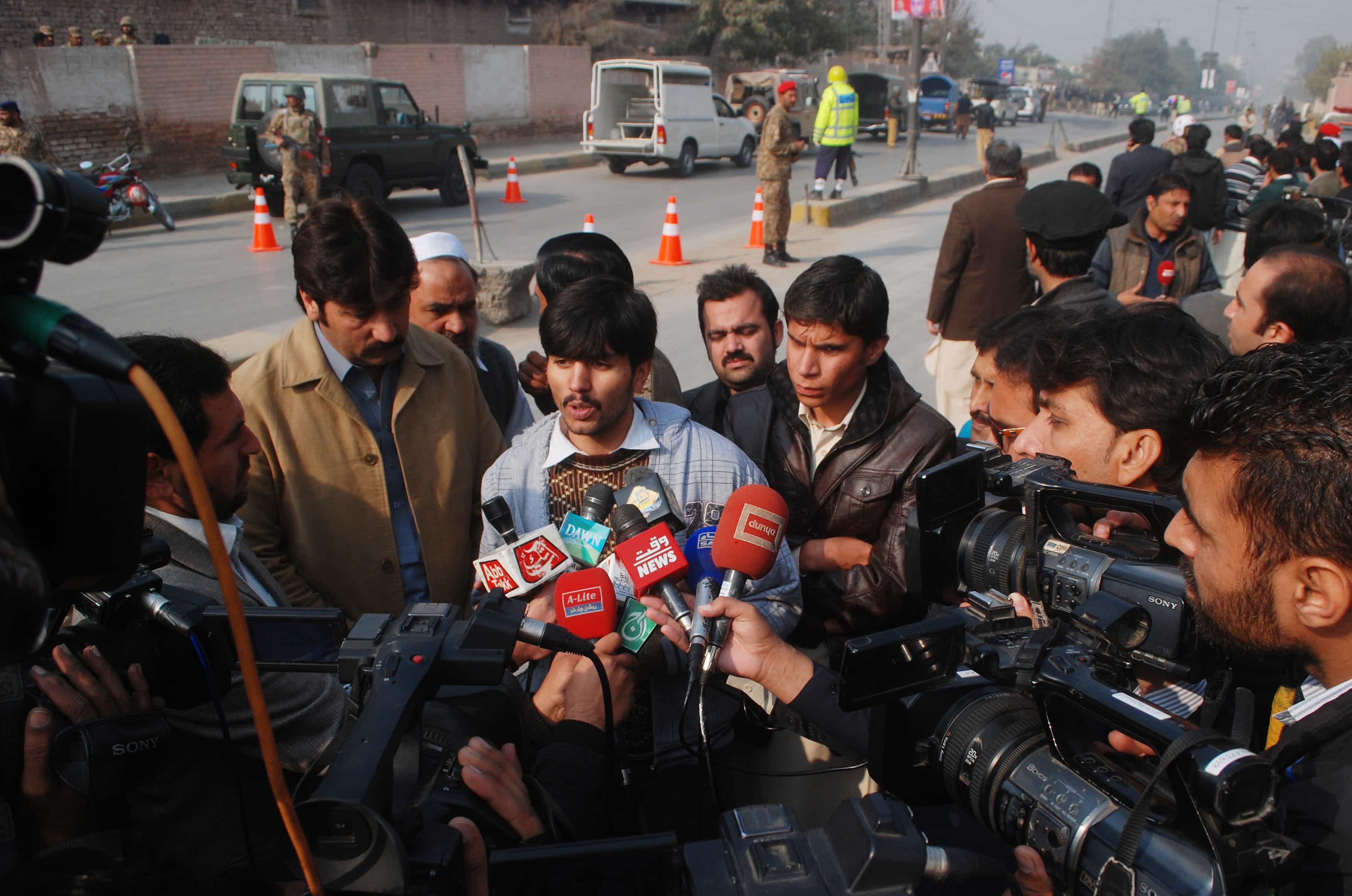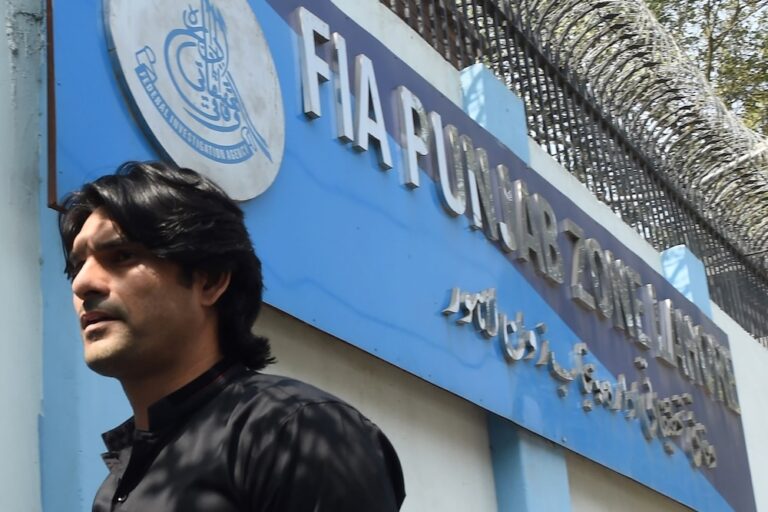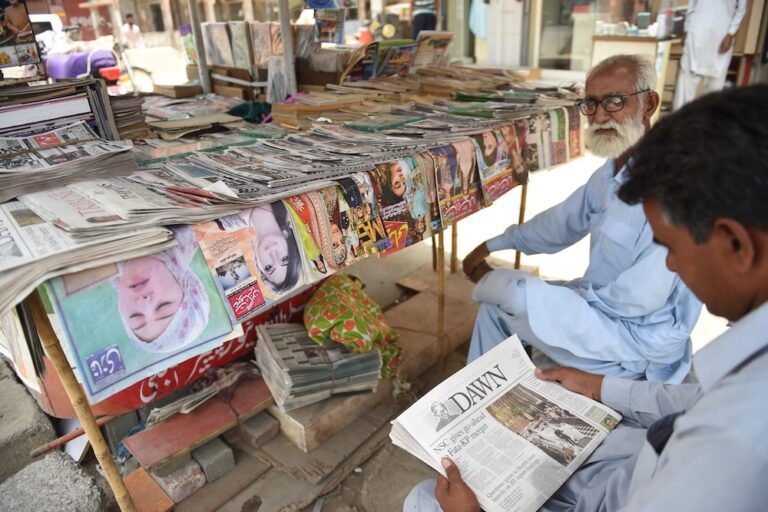Bytes For All is alarmed by the recommendations made by the Pakistani parliamentary body that seeks to impose McCarthyism-style regulations on the media and Internet, in reaction to the December Peshawar school attack.
This statement was originally published on content.bytesforall.pk on 30 December 2014.
Bytes For All is alarmed by the recommendations made by the Pakistani parliamentary body that seeks to impose McCarthyism-style regulations on the media and Internet, in reaction to the December 16, 2014 Peshawar school attack.
On December 24, the National Assembly’s Standing Committee on Information and Broadcasting held a meeting along with senior officers of the Ministry of Information and the Pakistan Electronic Media Regulatory Authority (PEMRA) to come up with a set of media-related anti-terror policies that would be incorporated into the government’s National Action Plan.
These recommendations are problematic because:
- The categorization of terrorists by the government is too arbitrary as it can be used to victimize legitimate political activists;
- The public has the right to know the facts related to terrorism and not just narrative sanitised by the state;
- In a strong culture of impunity, recommendations pushing propaganda in place of facts will render journalists more vulnerable to violent attacks;
- Censorship is not a solution to terrorism and is typical of anti-democratic regimes;
- Various vague terminologies used in the recommendations are open to state abuse and regressive interpretations such as “glamourisation”, “obscenity”, “vulgarity” and “commonly accepted standards of decency”;
- The recommendation No 3 gives the state sole authority in determining who is a terrorist and who is not, which can be used to silence legitimate political and socio-cultural expression;
- A number of recommendation are too frivolous to be taken seriously such as the proposal to show “good news” at the “bed time”;
- The proposal not to “emphasise” crimes like rape and murder — and their descriptions as “smaller events” — indicates disturbing tolerance of the government towards very serious crimes.
The recommendations also call for a tightening of cyber crime laws for “abusive terrorist encouraging content” on social media. Using the same narrative in the past, govt has blocked entire social media platforms such as Facebook, Twitter, and most notably Youtube. Not only is such a policy unable to stop the generation of either “blasphemous” or “criminal” content, it is also unwarranted to prevent citizens from accessing an entire social media platform to purportedly target just a single account. Legitimisation of banning social media content might lead to arbitrary blocking of all voices of political and ideological dissent.
Examples from the past, especially the McCarthy era in the United States, show that the state’s attempts to hide information from the public is not only ineffective at tackling governance and criminal challenges but more importantly, it opens the door to abuse and impunity by the state.
More truth, not censorship, is the only way that the public can be informed enough to make the right decisions.



